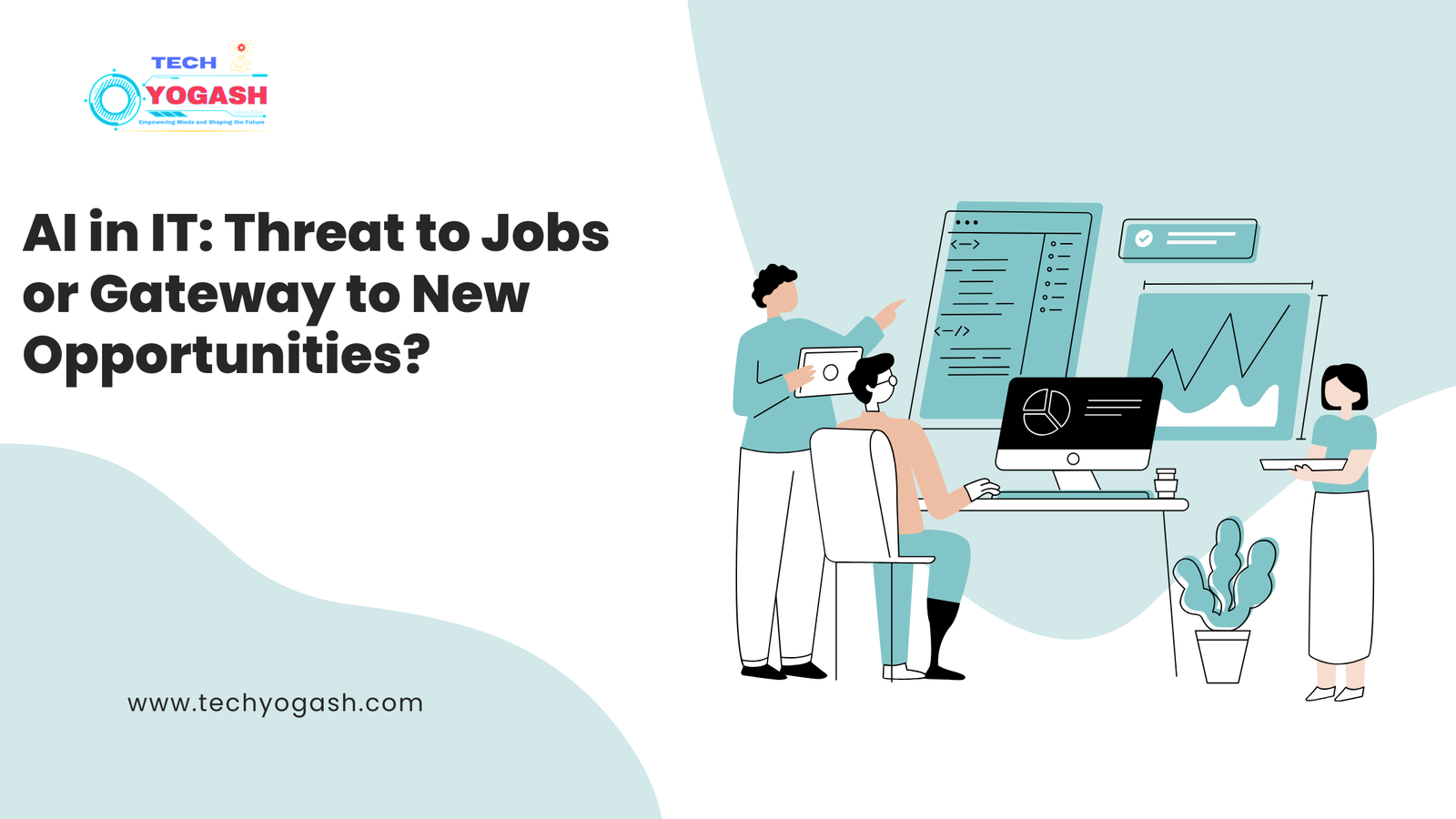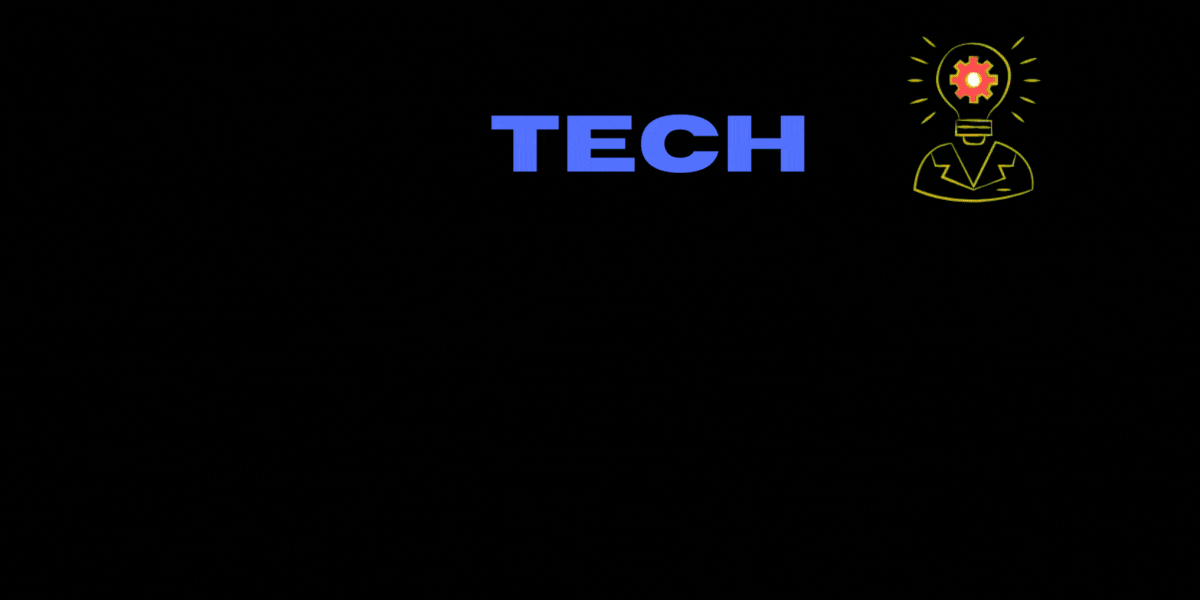AI in IT: Threat to Jobs or Gateway to New Opportunities?

The rise of Artificial Intelligence (AI) is transforming the way businesses operate across various industries. While some people worry that AI tools will take over jobs and reduce employment opportunities, others believe AI will create new jobs and require different skills. So, will AI tools affect current IT employment, or will they create new opportunities and skills? Let’s explore both sides and how we can prepare for the changes ahead.
How AI Tools Could Affect IT Employment
There’s no doubt that AI is already having an impact on the IT industry. Automation, machine learning, and AI-driven software can handle many tasks that were previously done by humans. Some of the areas where AI might affect IT employment include:
Automation of Repetitive Tasks: AI tools can automate many routine tasks, such as testing software, monitoring systems, and even debugging code. This could reduce the need for human workers in these areas, as companies look to AI to handle these tasks more efficiently.
AI-Powered Customer Support: Chatbots and AI-driven customer support tools are becoming more common, reducing the need for large teams of support staff. AI can respond to basic inquiries and solve common issues, potentially leading to fewer jobs in customer support.
Changes in Traditional Roles: Jobs like data entry, system monitoring, and basic IT troubleshooting may be affected as AI takes over these tasks. As a result, some traditional IT roles may see reduced demand.
The Positive Side: New Opportunities and Skills
While AI might automate certain jobs, it’s also creating new opportunities and demanding new skills that can benefit IT professionals. Here’s how:
AI Development and Maintenance: AI itself needs to be developed, trained, and maintained. This opens up opportunities for professionals skilled in machine learning, data science, and AI programming. The demand for AI specialists is growing, and companies need people who can build and manage AI systems.
AI Integration and Customization: Businesses will need experts who can integrate AI tools into existing systems, customize AI solutions for their needs, and ensure they are used effectively. This means new roles will emerge for those who can bridge the gap between AI technology and real-world business needs.
New Roles in Data Analysis: AI generates a vast amount of data, and companies need skilled professionals to analyze this data, draw meaningful insights, and make data-driven decisions. Roles like data scientists, AI analysts, and AI ethicists are growing rapidly.
Cybersecurity and AI: As AI systems become more complex, so do the security risks. IT professionals with cybersecurity expertise will be needed to protect AI-driven systems from threats. AI itself will also be used to detect and prevent cyberattacks, making this an evolving field that combines AI and security skills.
How We Can Prepare for AI's Impact on IT
To ensure that we’re ready for the changes AI brings to the IT world, it’s important to stay adaptable and continuously improve our skills. Here are some ways to prepare for the future:
Learn AI and Machine Learning: One of the best ways to prepare for AI’s impact is to learn more about AI technologies. Take online courses, attend workshops, and explore certifications in AI, machine learning, and data science. Understanding how AI works will make you more valuable in the job market.
Develop Problem-Solving Skills: AI is great at handling repetitive tasks, but it still needs human creativity and problem-solving skills to tackle complex challenges. By improving your critical thinking and problem-solving abilities, you can position yourself as someone who can work alongside AI, not be replaced by it.
Focus on Data Skills: With AI generating so much data, having strong data analysis skills is a huge advantage. Learn how to work with large datasets, use data visualization tools, and draw insights from data to help businesses make informed decisions.
Stay Updated on Industry Trends: The world of AI is constantly evolving. Stay informed about the latest advancements, trends, and tools in AI and IT to ensure that your skills are up to date. Reading industry blogs, attending conferences, and networking with AI professionals can keep you ahead of the curve.
Embrace Lifelong Learning: AI will continue to evolve, and so must your skills. Be open to learning new technologies, tools, and methodologies as the field progresses. Flexibility and a willingness to adapt will ensure you remain competitive in an AI-driven world.
So Canclusion is -
AI tools are undoubtedly changing the IT landscape. While they may automate some jobs, they are also creating new opportunities and roles that require different skills. The key to thriving in this new era is to stay proactive, continuously upgrade your skills, and embrace the potential that AI brings. By preparing for the future and positioning yourself as someone who can work alongside AI, you’ll be well-equipped to succeed in the evolving world of IT.
Rather than fearing AI, let’s see it as a chance to grow, innovate, and develop new skills that will shape the future of technology
